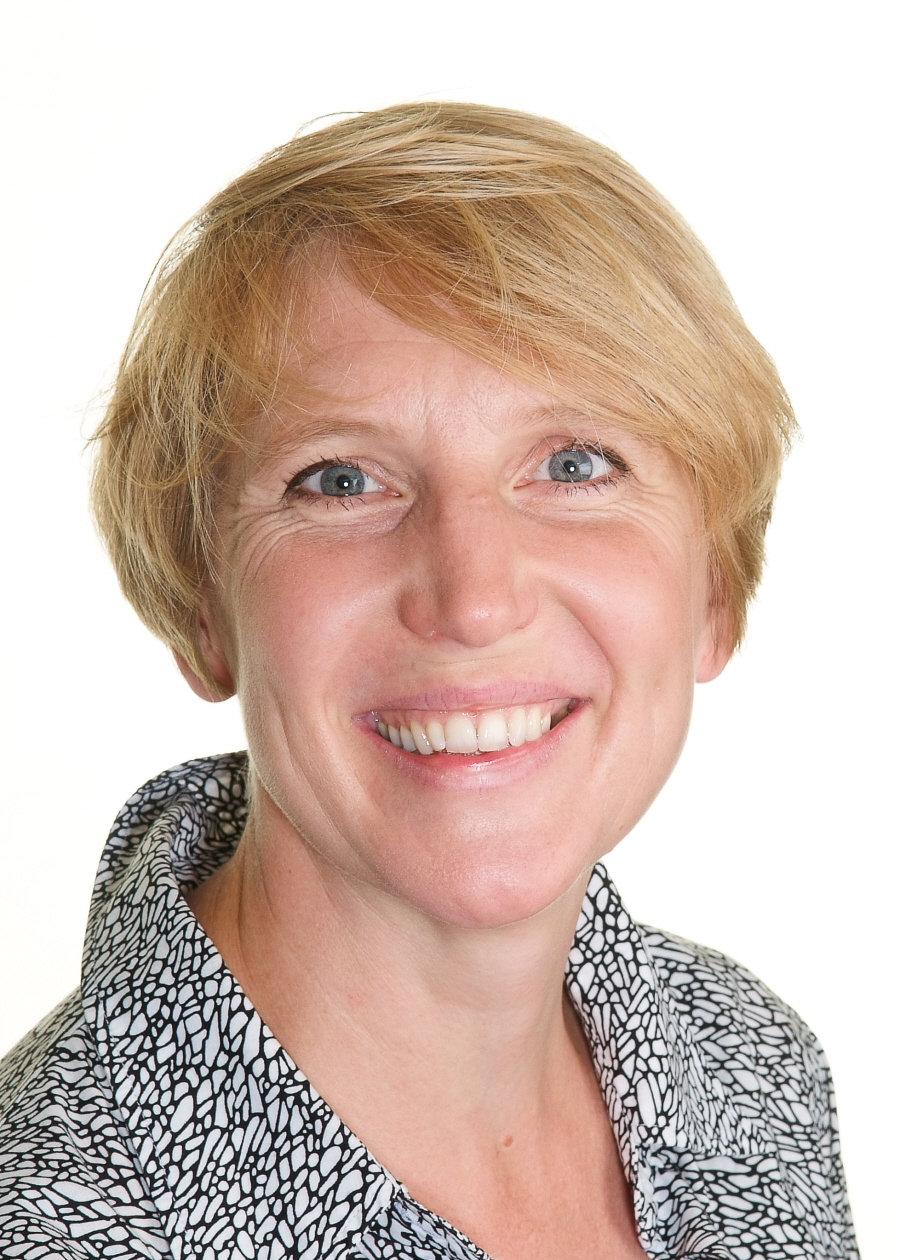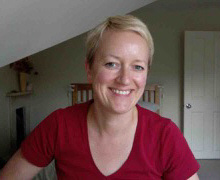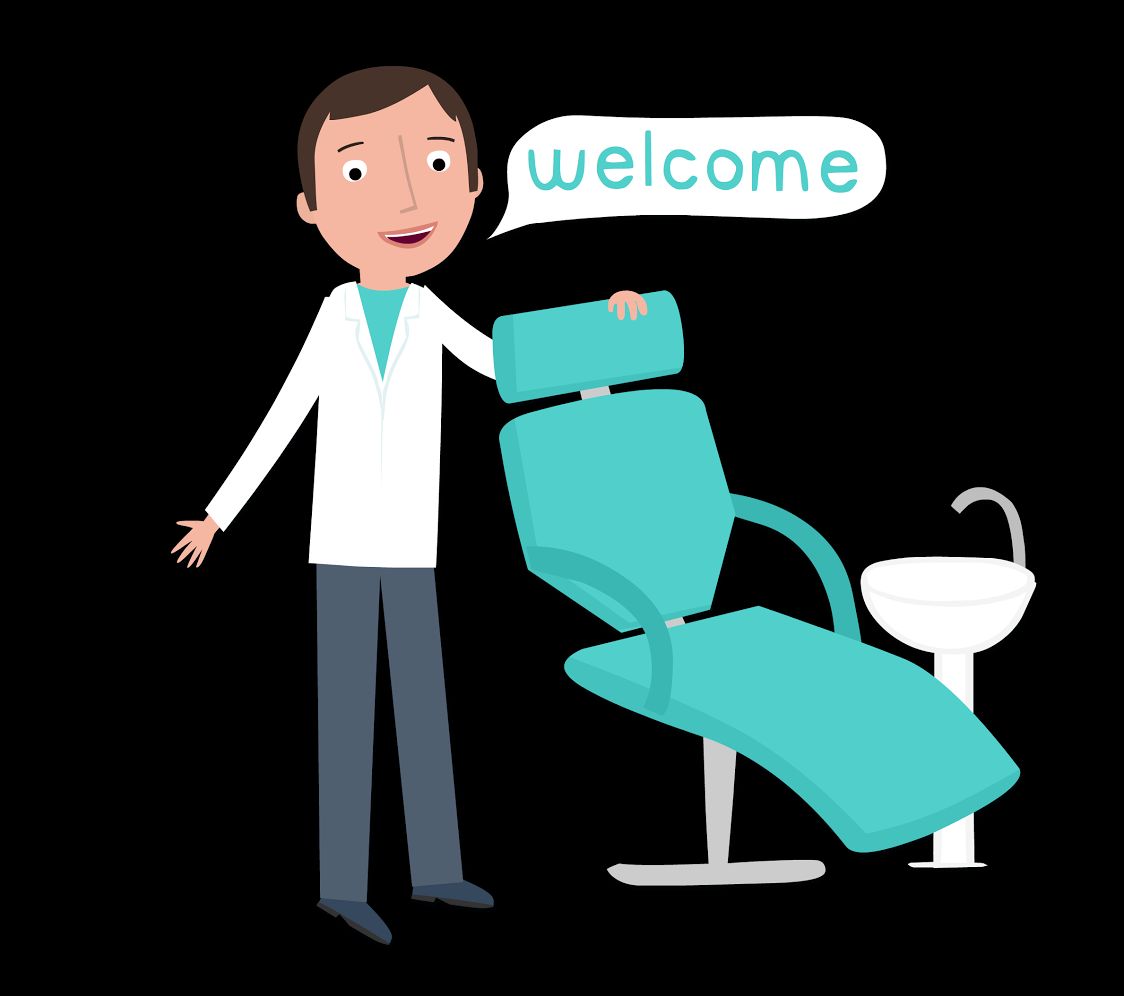Bristol’s most deprived wards have nearly three times as many dental fillings in children under five, compared to more affluent areas. However, prevention has been hampered by a lack of centralised information on decay, extractions or dental procedures in children.
A project led by Dr Patricia Lucas at the School for Policy Studies, University of Bristol, won funding from the Elizabeth Blackwell Institute’s Research for Health scheme, as the best research response to a challenge submitted by Katherine Walls, Senior Dental Officer at University Hospitals Bristol NHS Foundation Trust (UHB), to build an evidence base so that preventive care can be targeted at children most in need.
Dr Lucas teamed up with Dr Demi Patsios and Dr Karen Morgan from the School for Policy Studies, Prof Jonathan Sandy and Dr Patricia Neville from the Dental School, to find out how many children were attending clinics for tooth extractions under general anaesthetic, and to look at their circumstances. They examined records from local hospitals and NHS dentists, and interviewed six dentists and 21 families with young children, including eight with children who had undergone hospital tooth extractions and seven who never or rarely visited a dentist.
The project was overseen by the Bristol Network for Equality in Early Years Health and Wellbeing (BoNEE) Health Integration Team, of which Dr Lucas is a co-Director. Clinical collaborators included University Hospitals Bristol, Public Health England and Bristol City Council.
The results showed that in one year [2015] over 1,400 children, mostly aged 5-9 years, attended Bristol Dental Hospital to have teeth taken out under general anaesthetic, and 95 children had teeth removed more than once. Across the South West of England only about 60 per cent of children visited an NHS dentist. Few NHS dental appointments with children aged 5-9 years included fluoride varnish (20 per cent) or fissure sealants (1 per cent), which protect teeth from decay.
Parents expressed how upsetting it was for themselves and their children when teeth had to be removed. Parents and dentists felt that not all dentists were ‘child-friendly’, and that while some parents could do more to look after their children’s teeth, dentists seldom had time to give parents enough information to help with this.
The findings were highlighted in a workshop for South West dental professionals and in public engagement activities for families, funded by the South West deanery for postgraduate dental education. Children’s centres and dental clinics in Bristol have circulated parents’ postcards summarising our findings and a paper submitted to the Journal of Epidemiology & Community Health. A preliminary report to Bristol City Council Health & Wellbeing Board received national and local media coverage, and has led to ongoing discussions with Local Authorities across the South West. The study was selected for inclusion in SAGE methods online teaching materials, as an example of how mixed methods research can address real world problems.
Dr Lucas said, ‘Our research tells the story of children’s dental care in the Bristol region. We now have a better understanding of who attends for which procedures, the preventive services offered by the NHS, and who is missing out. We are using this to discuss with health services changes in working practices to make dental practices more family-friendly.’
New collaborations have also been forged with the University of Cardiff and Universities of Adelaide and Melbourne in Australia, and the Bristol Parent Carer Forum, including researching oral health in specific groups of children.
Katherine Walls said: ‘This project has been very successful in establishing both the numbers of children attending for extractions under general anaesthetic, and also linking those numbers to the demographic data we previously suspected but didn’t truly know. From my point of view as a dentist, the qualitative data has been the most interesting: real-life experiences of patients and parents really highlight the areas we as a profession need to work on to make our practices more family-friendly. If this research can also get dentists applying fluoride varnish, then that can only be a good thing for the dental health of Bristol’s children. I hope that we can continue to work together and build on this research: by collaborating with the local authority we are putting oral health higher up the public health agenda, and that can only be a good thing.’


